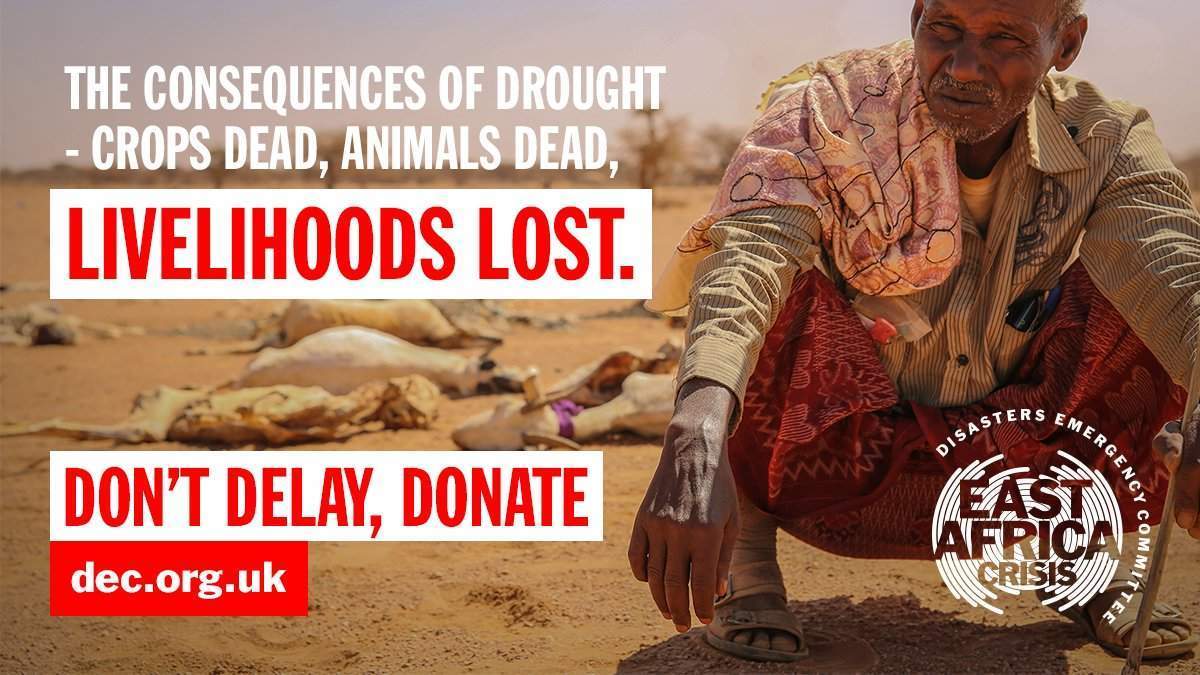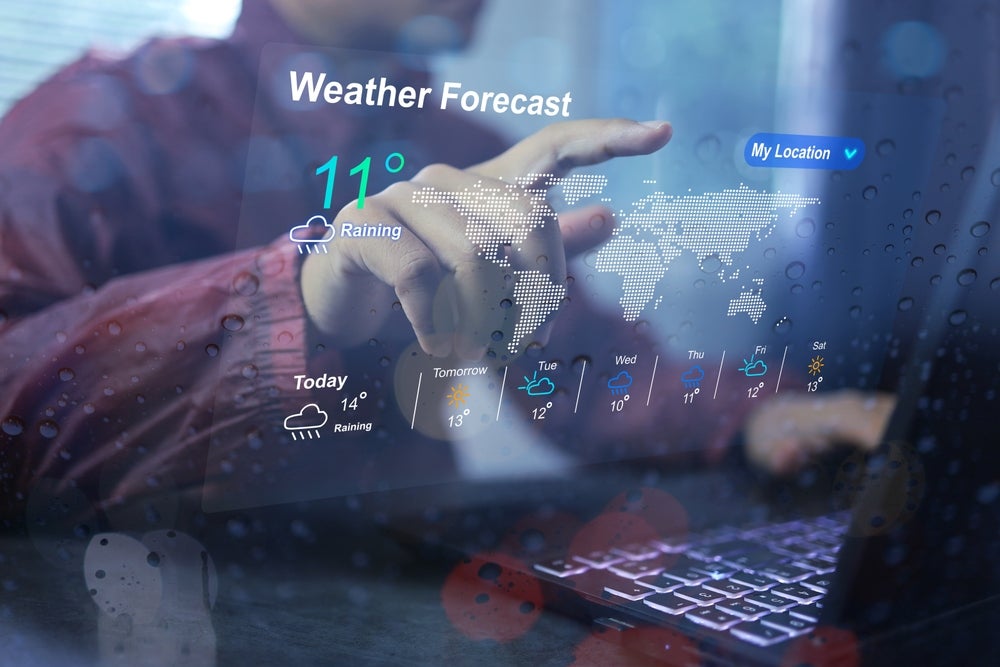
In South Sudan, Somalia, Kenya and Ethiopia, drought and conflict have left 16m people on the brink of starvation.
People are in critical need of food, water and medical treatment, with women and children suffering the most across the region.
The UK government said it will match the first £5m donated by the public and the Queen has already made a personal donation.
Verdict takes a look at some of the ways you can help those in need:
1. Donate to the DEC appeal
The Disasters Emergency Committee (DEC), an umbrella group comprising 13 UK charities including Oxfam and Save the Children, has issued a video appeal, led by Oscar-winning actor Eddie Redmayne.
The appeal urges the public to help alleviate suffering in what the UN has described as the world’s largest humanitarian crisis since 1945.
To donate £5 ($6), text CRISIS to 70000, or send a cheque to: DEC East Africa Crisis Appeal, PO Box 999, London EC3A 3AA
2. Donate directly to ActionAid
ActionAid is an international charity supporting women and children in extreme poverty.
The charity is working in East Africa to distribute food and water.
In Somalia, 110 people died in two days at the start of March as a result of the ongoing drought, according to the Somali Prime Minister. These deaths should have been entirely preventable,” said Mike Noyes, head of humanitarian response at ActionAid.
“Droughts don’t kill people, droughts don’t have to become a famine or a crisis. What kills people in a drought is a lack of food or water. We can’t make it rain, we can’t change the weather, but we can stop people going hungry and thirsty. It is simply a matter of political will, resources and funding.”
Just £25 is enough to feed a family in east Africa for a fortnight — that’s 14 whole days, and £50 provides enough food for an entire month.
Ninety percent of your donation will go to support emergency work in Somaliland, Kenya and Ethiopia.
The other 10 percent will be retained for ActionAid’s Emergency Action Fund, which makes sure the charity is able to respond quickly and effectively to future crises.
If the total amount raised for this appeal exceeds the funds needed for the response in east Africa, ActionAid will also transfer the remaining balance to the Emergency Action Fund.
3. Donate directly to Oxfam
Across East Africa, Oxfam operates to improve existing infrastructure, provide food and facilitate an efficient water supply.
In South Sudan, Oxfam helped more than 600,000 people across the country last year, but now with famine declared in the region, the charity need to reach many more people this year.
In Ethiopia, Oxfam provided over 270,000 people and 75 schools and health centres with water through water trucking and setting up water storage points. The charity aims to help another 450,000 people in the next three months.
In Kenya, Oxfam hopes to distribute cash to over 300,000 people within the next six months and repair boreholes to ensure better access to water.
In Somalia Oxfam plan to reach 200,000 people and improve its response as the drought impact worsens.
You can donate to Oxfams East Africa food crisis appeal here.
4. Fundraise
Just £50 raised by a cake sale could feed a family of six in Somalia for two weeks.
If you are more sporty, you can take part in a sponsored walk.
Over the weekend, a group of apprentices dressed up as their favorite childrens’ TV characters and walked around York’s Bar Walls, an 800-year-old landmark. The seventeen youngsters completed the 6.8km challenge — the equivilent to the average distance a child in East Africa wals to school every morning. Just one of the participants raised £700 for children in East Africa.
If you want to revamp your wardrobe, you could also try a clothes swap. Oxfam has a handy how-to guide here if you’re thinking about organizing one.
5. Volunteer on the ground
Most charities, including Save the Children and the Red Cross do not send volunteers from the UK to any overseas programmes.
In the event of a disaster, we don’t send volunteers abroad because we already have thousands of volunteers on the ground, already established and working in these areas,” Ben Webster, head of emergencies at the British Red Cross told the BBC.
However, the UN does run the UN Volunteers programme (UNV). where you can apply online to join a pool, where you are allocated to an area where your skills are most suited .
You need to be over 25, speak English, Spanish, or French and have a university degree or higher technical diploma and two years’ relevant experience.
There are currently almost 7,000 UN volunteers deployed globally.







